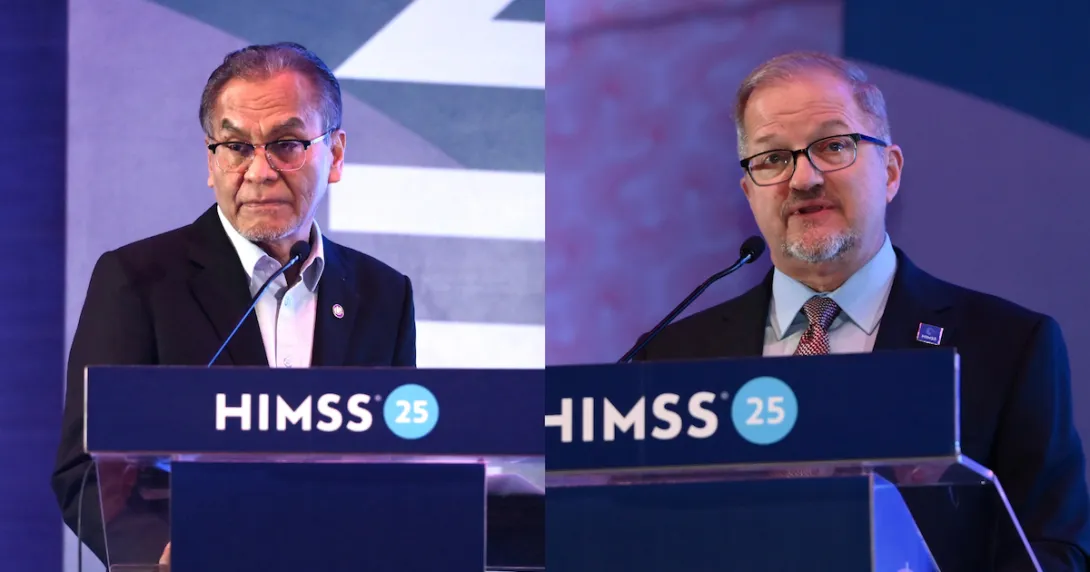
Southeast Asia is expected to lead the next phase of digital health transformation in Asia Pacific.
Meanwhile, the world's first medical device regulatory reliance programme between Malaysia and China has been revealed.
In his welcome address during the HIMSS25 APAC Conference in Kuala Lumpur, Malaysia, Mitch Icenhower, HIMSS chief sales and relationship officer, noted that Southeast Asia is "poised to lead" the region's next chapter of digital health transformation.
"Here, we see the convergence of bold government vision, fast-growing digital economies, a culture that embraces innovation and a readiness to leapfrog legacy systems and adopt analytics, AI, [next-generation technologies], and interoperable platforms," he explained.
"The consensus here is that digital health is no longer a choice – it's a necessary enabler for resilience, sustainability, and efficiency," he added.
Dr Dhesi Raja, chair of the HIMSS APAC Advisory Board, said that Malaysia, in particular, has the potential to become the "regional reference site for digital health excellence."
"We have already seen [Institut Jantung Negara] reach HIMSS EMRAM Stage 6. Others will follow suit, and soon, Malaysian hospitals will not only be digitally mature – they will be digitally meaningful and impactful."
Meanwhile, Icenhower announced that HIMSS will be bringing its enhanced global corporate membership programme, which was launched early this year, to Asia later this year.
World's first medical device regulatory reliance programme
During his welcome keynote, Dr Dzulkefly Ahmad, Malaysia's Minister of Health, also announced the start of the medical device regulatory reliance programme between Malaysia and China.
The programme, a global first under the Global Harmonization Working Party, seeks to streamline medical device registrations in both countries.
"Malaysian-made in vitro diagnostic devices now qualify for China's green channel approval [within] 60 working days instead of 24 months. Conversely, Chinese in vitro diagnostic devices qualify for Malaysia's verification pathway for 30 working days instead of 90," the health minister explained.
Dr Ahmad said the programme reduces registration duplication, as well as provides faster access to safe, innovative devices for patients and dual market access for manufacturers.
"This is not just another policy: it is a bold bilateral move in the face of global trade uncertainties," the minister claimed.
National EMR phase one complete
Meanwhile, Minister Ahmad also shared outcomes from the recently concluded first phase of the country's One Citizen, One Record initiative.
"Five million Malaysians can now access their prescription records. Three million have screening records. One million have dental records. And over 20 million can view their vaccination history."
He also shared that the Ministry of Health has "rapidly digitised a hundred primary care clinics in just four months."
"Today, 70% of patients are seen within 30 minutes of wait time, and the rest within 90 minutes."
Dr Ahmad stressed that digital health transformation is "more than deploying systems."
"It is about changing mindsets, building trust in technology, and empowering our clinicians to thrive [in] a digital-first environment."
"To succeed, we must look both inward and outward," he added.
The minister said the Malaysian MOH remains committed to "building a resilient, inclusive, and digitally empowered health system."
"We'll invest in our people, our doctors, nurses, digital experts, and policy makers, build partnership that breaks silos, and design systems that put patients first, where data enables better care in the midst of complexities."

